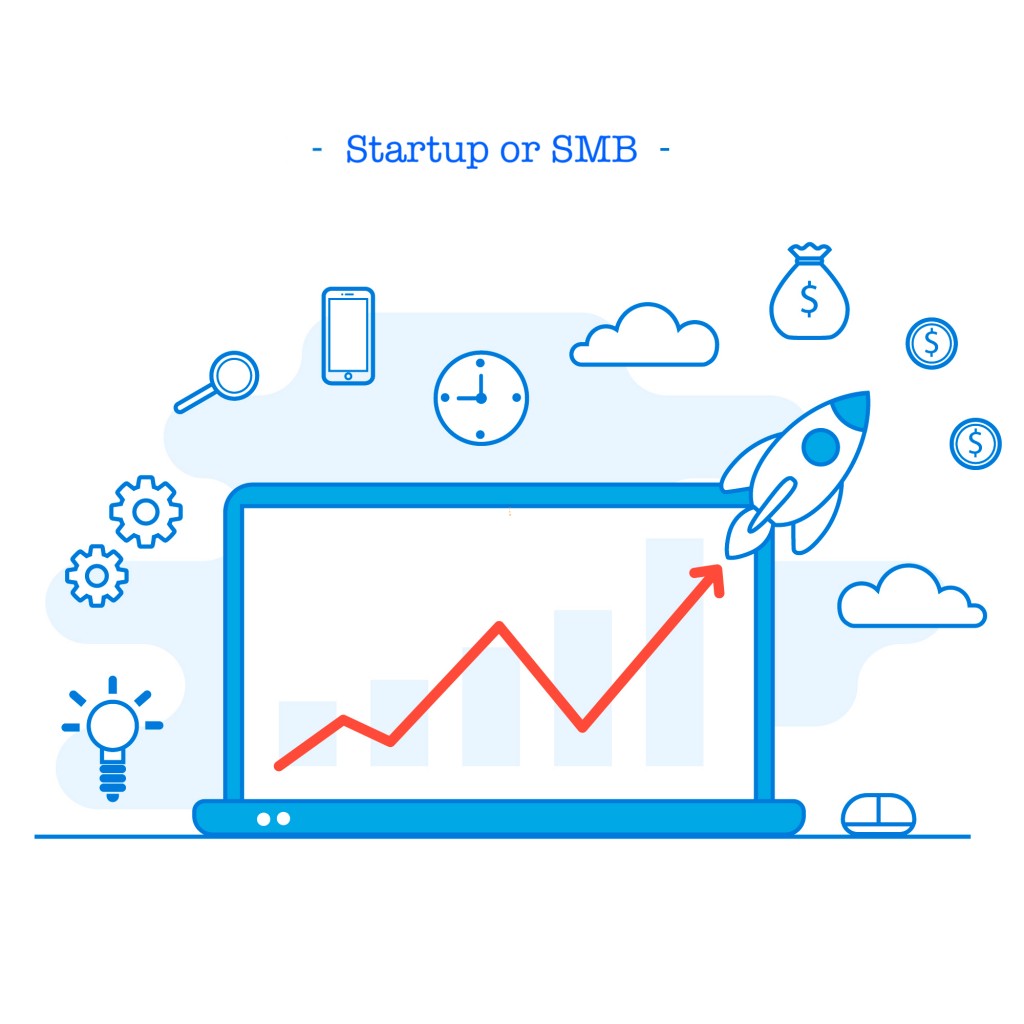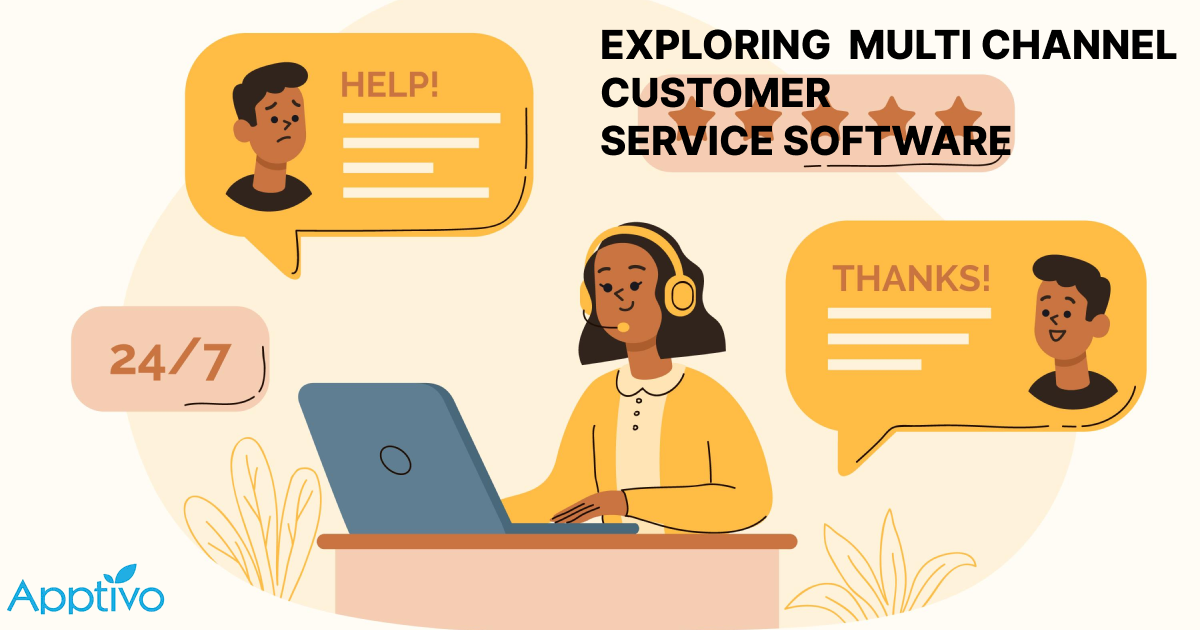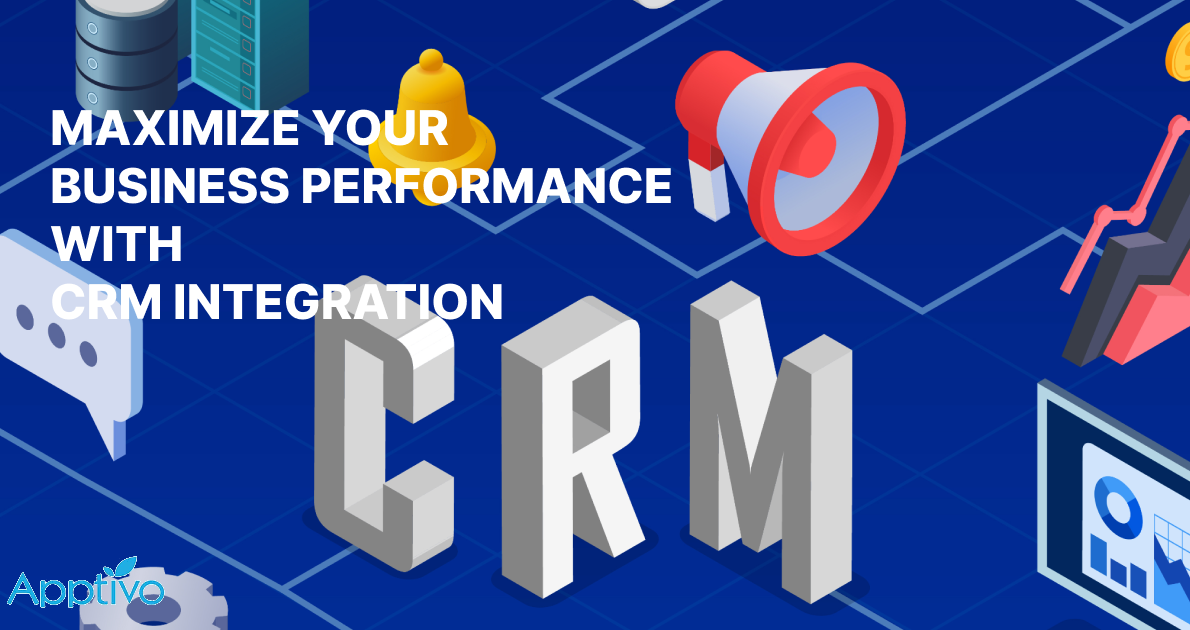Have you ever asked yourself, “Am I running a startup or small business?”

To answer that we’ll start with a short story.
James and Smith were the best of friends. They both dreamed of starting their own business.
James’ father had a shop in NYC that was unused. James decided to open a Pizza shop in that space. He decided to rent the space from his father. 3 years after opening the shop, business flourished, customers loved the food, and he was close to a break-even position and was making 40% profit on each order. This is called small business.
On the other side, Smith teamed up with Russel and developed a business idea to help the restaurant deliver foods. So, they met several VCs and raised a million dollars in seed funding and started a Food- Delivery startup. They charged restaurants 18% of the cart value they deliver. They even advertised heavily all over major cities and raised 10 million funding in the next round. After 3rd round of funding their company was making 30 million USD in the loss of 150 million USD of revenue. Later, they got acquired by SoftBank with a price to loss ratio of 10, and both took their share in the acquisition. This is called a start-up.
There is a substantial difference between a startup and small business. If the earlier story couldn’t help you comprehend the idea, then we’ll take a stroll down the exact definitions below.
Founder
It always starts with the Founder. In a startup, the Founder is usually a tech-nerd. Innovator. A small business owner usually takes up a business what is well known in the family or that has passed on through generations. They have immense experience in running the business. While a startup founder may need the help of an expert.
Funding Method
Small businesses are usually family funded or debt-financing. Though they have to pay more in the end for the capital, they get to own the company through and through with losing their ownership.
In the case of startups, there are self-funded startups called bootstrapping. However, the majority of the startups these days, mark for significant investment right off the bat from VCs. If a startup takes in investment, founders usually give away equity in the company in exchange for the capital to the investors.
Exit Strategy
Small businesses, in most cases, does not have an exit strategy. They might have business goals. However, generally speaking, their ultimate goal is to run a long-lasting business and grow.
Startups are temporary. If they grow well and branch into a massive company, their ultimate goal will be to go for IPO. Alternatively, another common practice among startups is a buy-out.
Hopefully, this article helped you in some way. Identifying yourself at the beginning will help you to design a path for your and business’ future, whom you are planning to partner with and more.
Latest Blogs

Apptivo's Integration with Amazon SES for Outgoing Email Server
Amazon Simple Email Service (SES) is an email platform that provides an easy, cost-effective way to send and receive email using your email addresses and domains. Apptivo has migrated its email service to Amazon SES (Simple Email Service) to enhance the performance and reliability of our email services
Read more →
EXPLORING MULTI CHANNEL CUSTOMER SUPPORT SOFTWARE
1.What is customer service software? 2
Read more →
Maximize your business performance with seamless CRM Integration
1.What is CRM Integration? 2
Read more →
